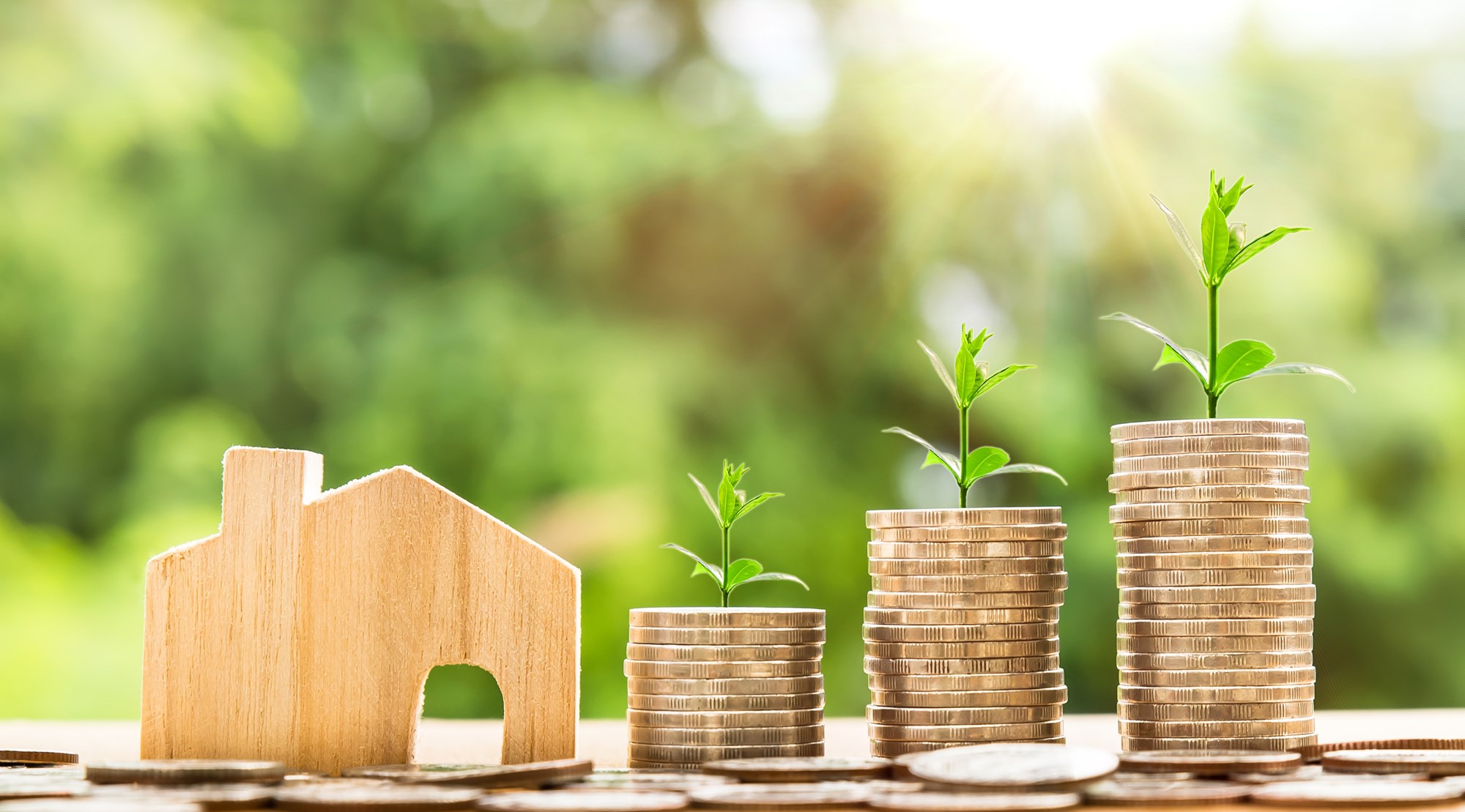Becoming Mortgage Ready

Earlier this year, it was announced that we will be building 35 approx. homes for whānau on the corner of Hawaiki and Kupe Street. 24 of these homes will be made available for whānau to purchase. We’re working with the banks on different finance options for whānau looking to buy and will share what that looks like once finalised. In the meantime, we have put together some tips on what you can do now so that you are “mortgage ready”.
What you need to know about getting a mortgage
Signing up for a mortgage is the most significant ongoing cost that comes with buying a kāinga. It is a loan, and the property or real estate purchased is used as security for repayment of that loan.
The person borrowing enters an agreement with the lender, usually the bank, who provides the borrower money upfront to purchase their whare after which the borrower makes payments over a set period of time, often 30 years, until they pay back the lender in full.
Most mortgages have interest rates added to the loan and these change depending on the bank and how you structure the loan. The interest on your loan adds up over time so it’s worth remembering that you will end up paying (often significantly) above and beyond what you actually borrowed.
There have been some changes to lending laws recently, making it harder to get a mortgage. The Government has since amended the responsible lending rules to make the process less arduous. But there are other factors in play now also – particularly rising interest rates and higher deposit requirements for a mortgage, which in part are intended to “cool” the housing market and bring down house prices. Our Chief Executive Grant covered this topic in a recent kōrero, here.
Clean up your bank statements
When you apply for a mortage, banks will need to see three months of bank statements. They use this information to determine your income, where your money goes and if you can reliably service the loan. They will look closely at any other loans you have including hire purchases, laybuy accounts such as AfterPay, and credit cards.
This means that at least three months before you plan to apply for a mortgage, you will need to get your finances in the best possible shape. No defaults on payments, no overdrafts, and you may want to lay off Uber Eats, cold beverages at your local or shopping sprees at the mall (where you can).
A great way to clean up your statements is to use a budgeting tool online. You can look at this as your money plan, to let you steer your money where you want it to go. This will help you track your spending behaviour and to ensure you are putting enough money aside each month into savings as you build your deposit.
Check how much you can afford
Another great online tool is a mortgage calculator. This will calculate what a mortgage costs, find out what the repayments might be, or find a quicker way to pay it off. For someone that likes to visually see the process, this is a great way to help you understand what the process will look like.
Find a mortgage calculator here.
Have a korero with whānau
Before you talk to a bank or mortgage advisor/broker it might be helpful to talk to whānau, friends or colleagues about their own experiences. Quite often the people around us have good learnings from going through the process and can give you tips on what to expect.
Talk to a professional
Financial or mortgage advisors are available for those wanting to seek support and advice on how to manage your money and build a deposit. Once you’ve reached your savings goal, mortgage brokers can help you to find a suitable lender.
For the papa kāinga housing development at Hawaiki, we will have advisors to support you and guide you through the process. Keep an eye on our Tukuna for updates!
